2022 New Fellows Showcase
Reflections from our 2022 new Fellow panel discussions.
Developing a skills STEM workforce
Creating conditions for translation, commercialisation and collaboration
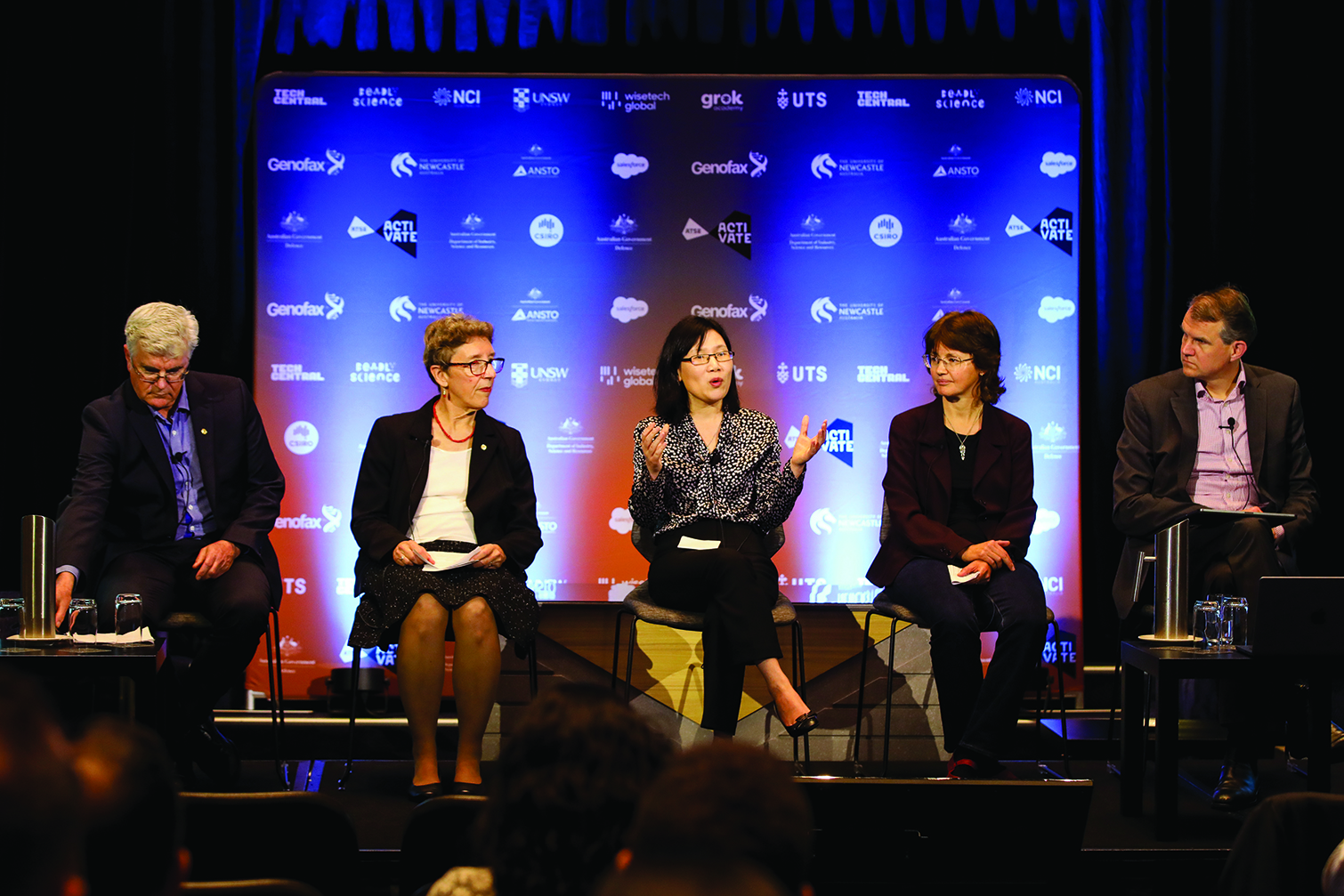
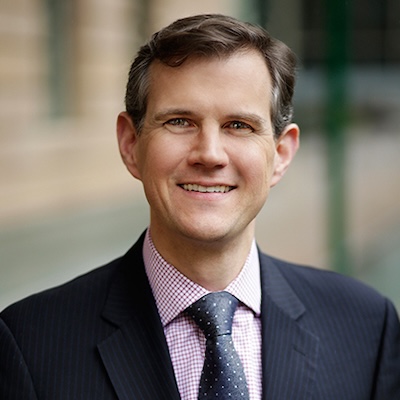
Climate change is arguably one of the biggest societal, economic, political, and technological challenges of the 21st century. At its core, it has been caused by technology. Technology now also offers many solutions. We must act now to resolve this difficult, important, and urgent issue.
The new Fellows panel provided a timely review of the current state of climate science and explored some priority areas that can mitigate climate change across key sectors of Australia’s economy. It consisted of Dr Beth Ebert FTSE, Prof Xiaojing Hao FTSE, Prof Kylie Catchpole FTSE, Prof Mark Howden FTSE and myself as moderator.
Dr Beth Ebert, Senior Principal Research Scientist and Head of Forecast Quality Research at the Bureau of Meteorology, highlighted how Australia’s climate has already warmed by about 1.4 degrees. In turn this led to an attributable increase in the intensity and frequency of extreme events. Collaboration and partnerships will be required to better forecast extreme events and help communities prepare ahead of time. Observation systems will benefit from Australia’s growing space commitment and capability. And numerical models, the linchpin of current prediction systems, can be enhanced through machine learning to better extract the impacts that matter to people.
With stationary energy alone contributing over half of Australia’s emissions, and even more if transport is included, mitigating them is a must.
Professor Xiaojing Hao from the School of Photovoltaic and Renewable Energy Engineering at UNSW is a world expert in solar technology and has helped establish Australia’s global leadership in this field. She explained how we can further improve Australia’s world leading position, for example through tandem cells that can more efficiently convert a broader part of the solar spectrum. But just as important will be to grow PV applications such as building integration, enabled through new materials.
As the cost of solar continues to decline, the challenge is shifting from producing to storing energy. Professor Kylie Catchpole, Deputy Director of the School of Engineering at the ANU has pioneered new approaches to increase the efficiency of solar cells. She is now also shaping the field of solar hydrogen and explored how we might reach the magic $2 per kg hydrogen cost, which would not only increase energy storage but also other important applications such as replacing coal in steel making.
We must continue solar cost reduction and start installing hydrogen to reach the necessary economies of scale. This will require the kind of support wind and solar has enjoyed that led to their phenomenal cost reduction.
While energy often dominates the debate, mitigating emissions from other sectors is just as important. Professor Mark Howden, Director of the Institute for Climate, Energy and Disaster Solutions at the ANU, who, among many other achievements, has been a member of an extraordinary 20 Intergovernmental Panel on Climate Change processes, argued that we need more whole of system solutions. This means we must bring together technology, social science, political science, psychology, social psychology, and various other disciplines to conduct the transparent and reflective discussions needed to navigate the complex interdependencies.
Genuine system solutions will eventually help us tackle some of the big outstanding issues, such as methane from livestock, improved landscape management and efficiency improvements, which are important even if they are not sexy.
There is clearly much to do. It is extremely urgent and will not be easy. However, with the calibre of talent, as exemplified by our new Fellows, there is certainly hope we can make progress and maybe even avoid some of the worst impacts of climate change.
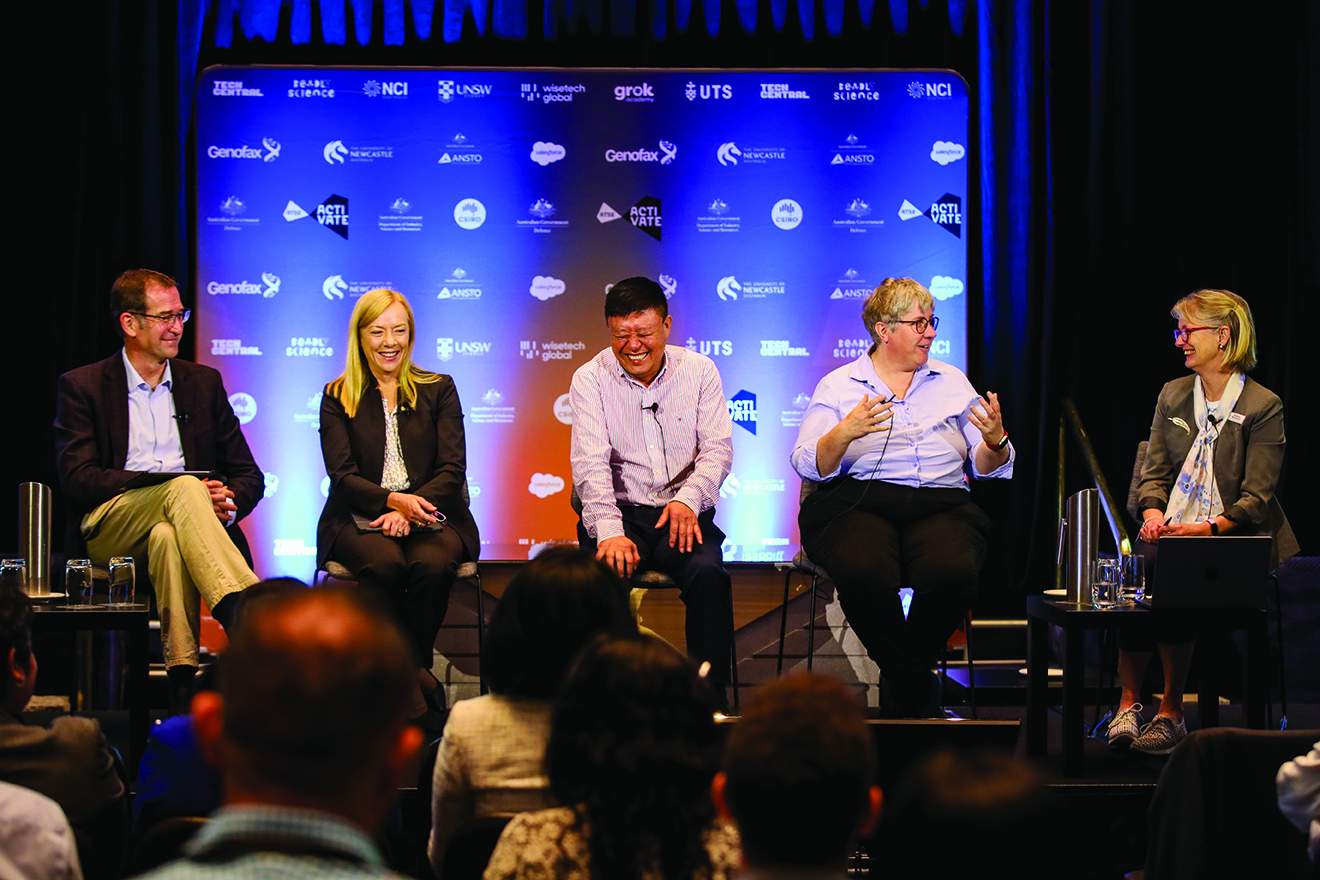

Following on from the panel discussing mitigation of climate change, the next panel discussed the issue of adapting to the climate change that is already beginning to be evident. The panel featured Dr Beth Fulton FTSE, Dr Nicholas Austin FTSE, Merryn York FTSE and Professor Huijun Zhao FTSE FAA and myself.
We discussed the need to better understand the opportunities for Australia in both reducing its emissions while adapting to changing climate and looking at new ways of manufacturing that are less dependent on fossil fuel. It was clear from the discussion that adaption is now urgent and that although efforts to mitigate our emissions remain critical, adaptation to the inevitable changes that will face Australia and neighbouring countries must also be accorded a higher priority than ever before.
Dr Beth Fulton, an expert in marine ecosystems modelling explained how we need to understand the processes in the ocean to better prepare for climate change. By improving our knowledge of the ocean’s impact on carbon uptake, oxygen production and production of biomass, we can more readily prepare for the changes that are coming.
Professor Huijun Zhao described how changing feedstock of our chemical production will reduce our dependence on fossil fuel inputs and how it could potentially reinvigorate manufacturing onshore in Australia.
Merryn York, an energy systems leader, explained the complexities that face our current energy system configuration to prepare for a reduction in fossil fuel power stations — from the need for dispatchable energy, to how to manage a grid that will be an order of magnitude more complex that the current system.
And to circle back to water, Dr Nick Austin talked about the systems that underpin our agriculture and also took the discussion offshore. He talked about Australia’s responsibility to our neighbouring countries in the Pacific region, and our responsibility to help them adapt to climate change — which is already impacting them more greatly than here in Australia.
The discussion then ranged across the interaction and interdependence of all these systems, our ocean, atmosphere, water systems, fisheries and agriculture, whilst reconfiguring our energy production, our grid and then finally, seeing opportunities for our manufacturing to take advantages of these changes.
We all agreed, ATSE has both the ability, and the obligation to use our wealth of bright minds to tackle these problems for the benefit of Australia and our neighbouring countries so that we can adapt to the inevitable climate change challenges that we will face in the not-too-distant future.
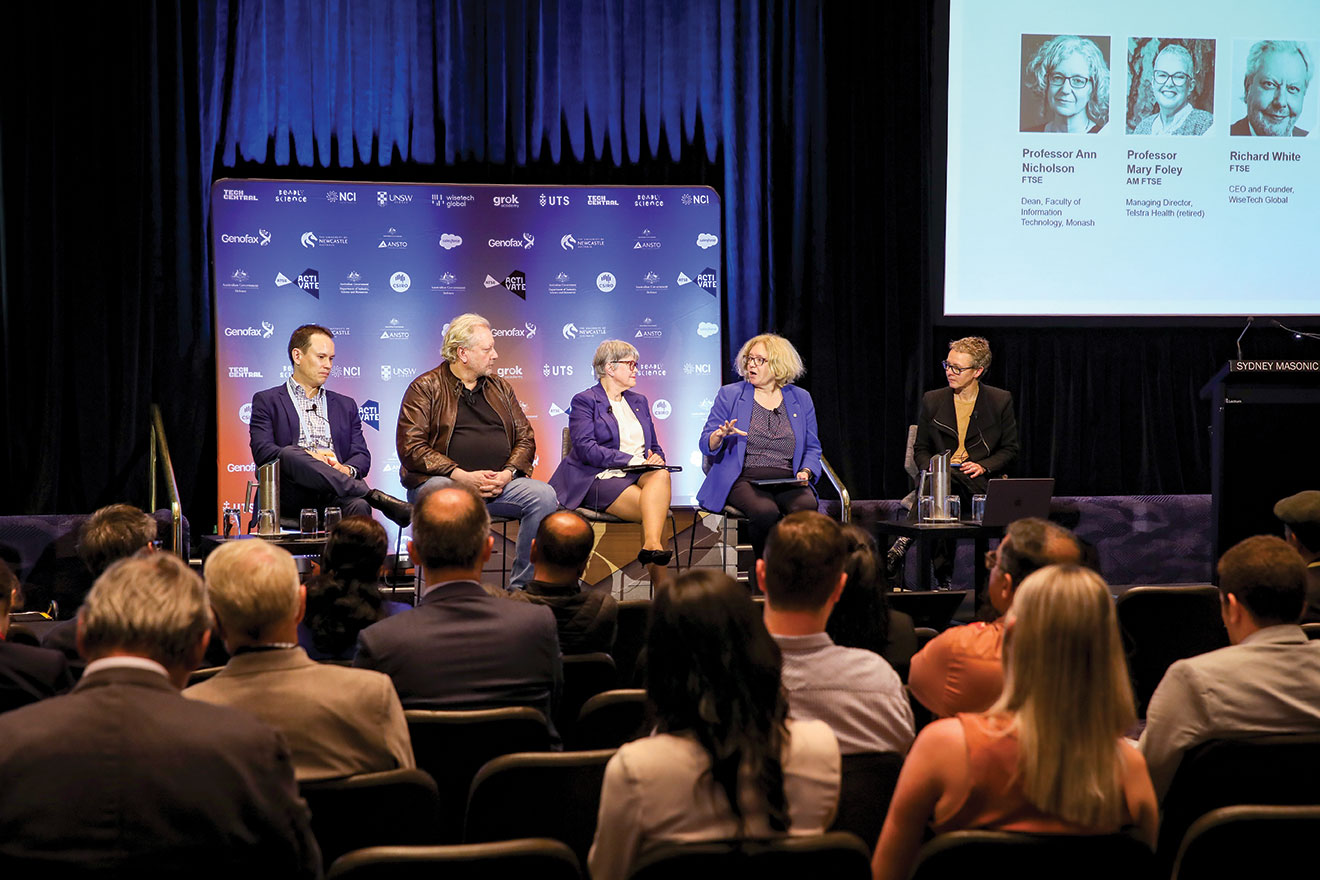
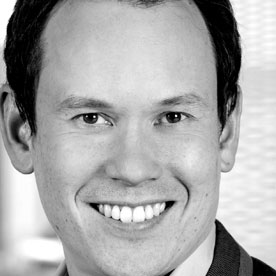
Digital literacy has been an important topic in modern times, but is almost unarguably more important now than it has been at any time in the history of humanity. I enjoyed joining a fantastic panel of new ATSE Fellows – Professor Ann Nicholson FTSE, Dean of the Monash Faculty of Information Technology, Professor Mary Foley FTSE, a leader in health systems and policy in Australia, Richard White FTSE, founder and CEO of WiseTech, a $19 billion-dollar ASX-listed company, and myself, Joint Director of the QUT Centre for Robotics, chaired by Professor Eleanor Huntington FTSE, Executive Director at CSIRO.
There is some wisdom in avoiding being weighed down with the “perfect” definition, but led by Ann, the panel described the required nuance and richness of digital literacy not just being a skillset, but rather, a combination of knowledge, skills and behaviour required to prosper and participate in a society and workforce increasingly defined by digital technologies of all varieties. On a related note, Mary noted how a deep technical knowledge of coding, for example, is not necessarily realistic or required for many to prosper in this digital space.
The education piece was discussed at length, with four key themes. The first was the observation from Mary that the modern classroom is surprisingly, and perhaps not reassuringly, similar to a classroom described in a Dickens novel. In an age where competition for attention is tight with the carefully crafted technological distractions of modern social media, as noted by Richard, this type of education system is unlikely to create sufficient engagement with students. These technologies and entertainment modalities are not going away anytime soon, and perhaps can also form part of the solution, a process I’ve been exploring through edutainment for kids as young as pre-school age.
Relating to this point, our second discussion theme highlighted that modern education, especially as pertains to digital literacy could still be better individualised, from customised learning rates, to active versus passive learning, to tailoring learning to the particular strengths of an individual student.
The third key concept explored in the education space was the continuing need for it: whilst improvements in school level education will help, ongoing, lifelong education as pertains to digital literacy will be crucial. Richard noted there is much cause for optimism here, about what could be done, noting the ease with which large numbers of staff in his organisation can be upskilled on their in-house digital training platform at relatively low cost.
Finally, we discussed the widespread diversity challenges in the sectors most responsible for driving digital technologies, and how much of this differentiation is embedded from an early age, a challenging phenomenon that we can change.
There was cause for cautious optimism in this space: we know well the opportunities and challenges, and if we work backwards from the positive changes we want to achieve to drive the development of the mechanisms we use to do so, the future is bright.
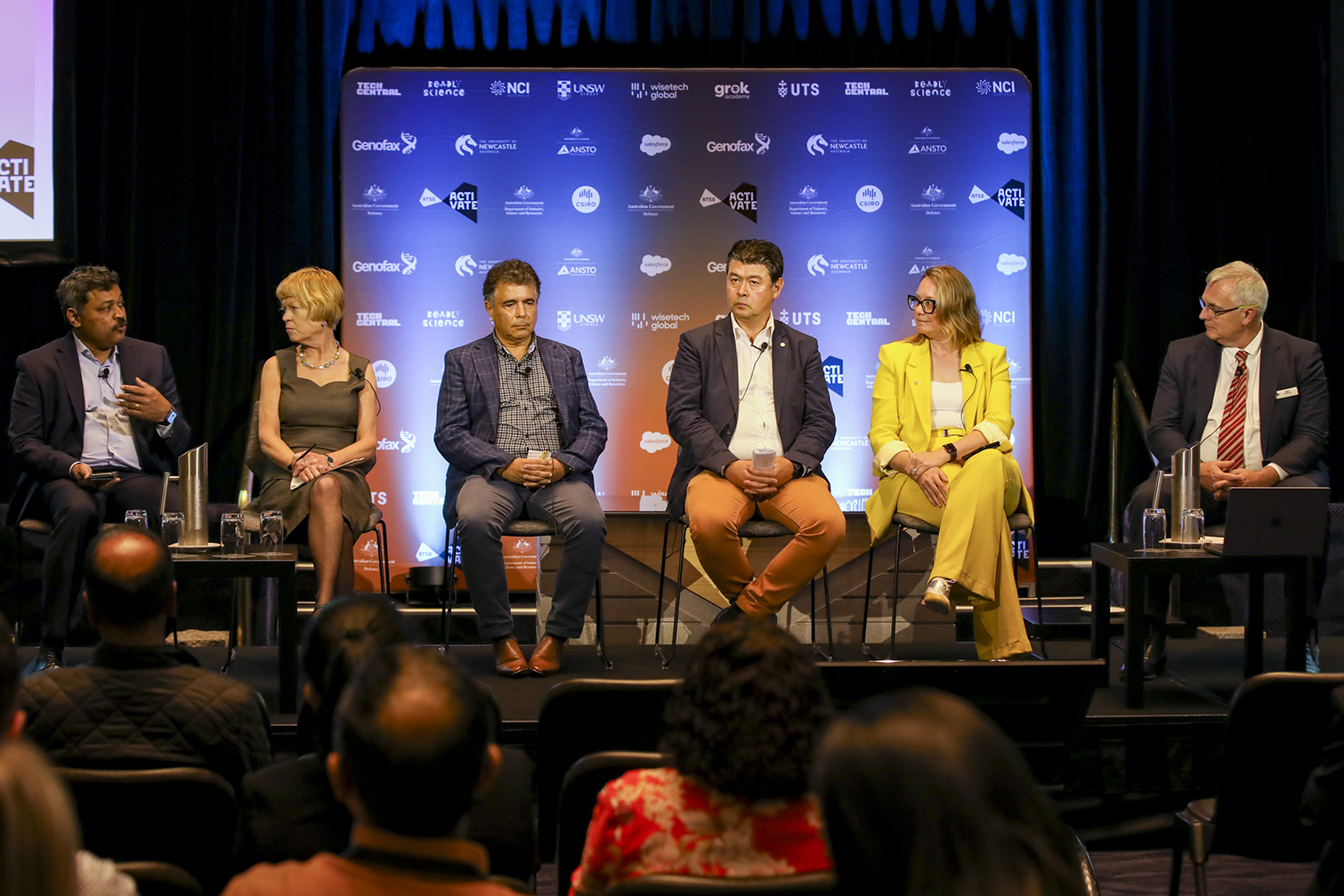
The new Fellows panel discussion entered into an exciting and insightful conversation around how to develop a skilled STEM workforce, a key issue within our society. The panel comprised academics and experts from various backgrounds who work closely with the provision of tertiary education relating to the engineering and IT sector. The panel were asked several questions in relation to the education of the next generation of engineering and IT professionals.
The first issue addressed the skill shortages within Australia for the telecommunications, construction, and resources sectors. This was followed by a reflection on the new ATSE Report, Our STEM skilled future: An education roadmap for an innovative workforce and its five recommendations. I highlighted a recommendation to raise the profile of STEM careers in Australia by showcasing their attractiveness and accessibility, and posed a question to the panel asking how we should go about highlighting the opportunities and impacts of STEM careers to society. This question was discussed amongst members of the panel with several points being made. A suggestion was to build awareness of STEM careers by providing a clear career pathway and progression opportunities. This was complemented by the idea that STEM graduates not fully understanding the breadth of options available to them – for example a degree in chemistry can open doors well beyond that field.
The panel conveyed a shift in values of the next generation of students particularly in relation to the decarbonisation of the planet and achieving net zero in terms of carbon emissions. This therefore suggested that a change needs to be made in STEM career pathways that better align with the values of our future STEM leaders.
The second issue that was addressed was the decreasing rate of students electing to go to university from high school, despite the demand for the skills within society. The panel considered the question of how tertiary education institutions are going to address the issue to raise the skills of people who aren’t seeing relevance of the transition straight from high school. The panel provided some input into the discussion, such as the change in structure of learning with refresher courses for upskilling purposes. This was complemented by the idea that there is a need to revisit how we can provide faster access to shorter periods of education, targeted more toward more frequent career changes.
Further questions asked by the audience to the new Fellows panel included:
______
Panel members: Professor Katrina Falkner FTSE, Professor Brian Uy FTSE, Professor Nasser Khalili FTSE, Janine Herzig FTSE, Professor Thas Nirmalathas FTSE
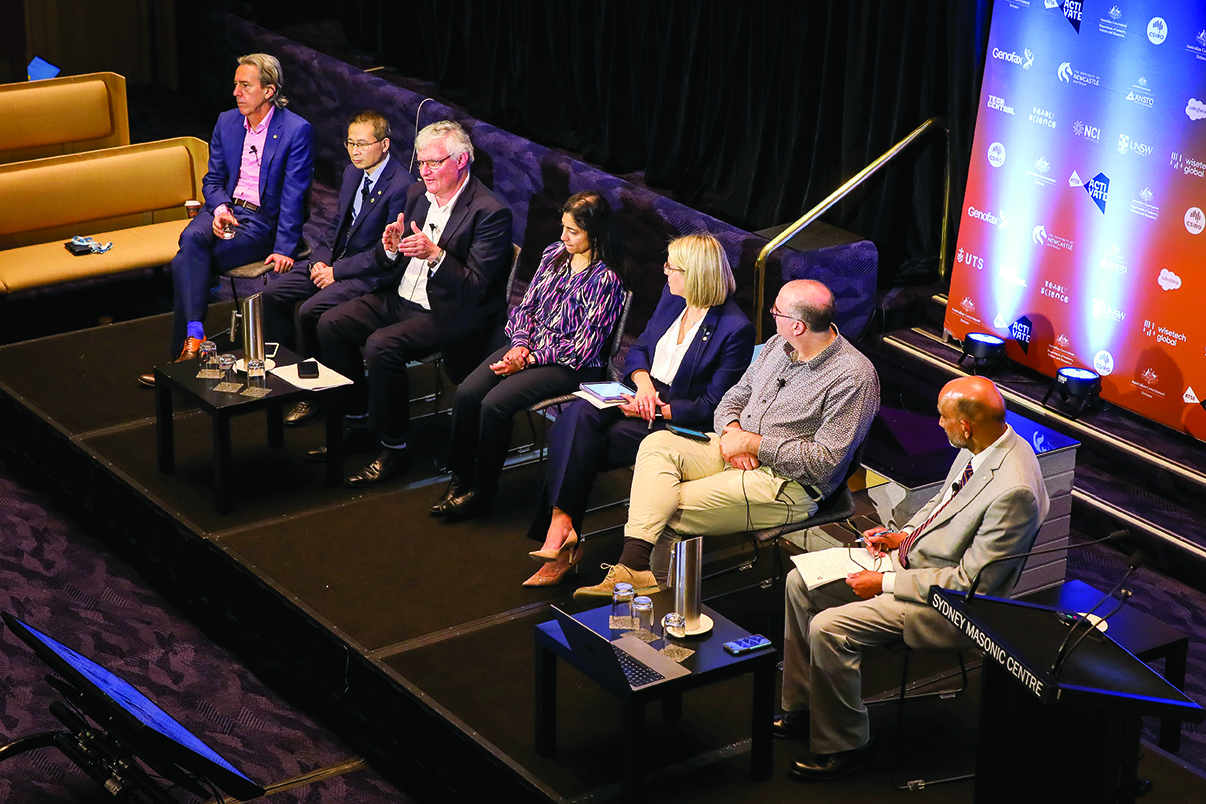
Our new Fellows panel, ‘creating the conditions for translation, commercialisation and collaboration,’ was a great way to end a day of fascinating ATSE ACTIVATE sessions. The wide ranging discussion touched on everything from the way we fund research in Australia to the challenges of connecting with industry. And as one panellist eloquently summarised, translating, and commercialising research is ‘enjoyable, challenging and frustrating, and all at the same time.’
One key theme the panel agreed on is the need for a shift in culture and much greater collaboration between research and industry sectors to develop solid foundations for knowledge sharing and create more opportunities for innovation and commercialisation. The panel discussed the possible connections between Australia’s economy, including our lack of export diversity, and a ‘demand-side’ challenge with low industry investment in research.
Commercial potential certainly exists for Australian research in the manufacturing and technology sectors, and this is already being capitalised on – we discussed the opportunities for new and sustainable products from Australia’s vast marine environment, for example. But to scale these ideas and their development and ultimate commercialisation depends on strong collaboration between the different sectors.
Comparisons were drawn between Australia and other countries; in the US, for example, many industries have their own research and development arm, whereas in Australia, many of our industries rely on the academic sector for R&D. This may contribute to the gap between research and commercialisation, and encourage PhD students to continue their careers in academia, rather than in industry.
We raised the need to create structures, networks, and programs for students and early career researchers, particularly those from culturally diverse and non-English speaking backgrounds, to promote entrepreneurial skills and the importance of responding to market needs – of seeking opportunities to tailor research to solve industry’s problems. This aligns with a shift in government research funding for programs that address high priority areas for the country. Some of the panel expressed a need to strengthen our commercialisation teams in universities to help achieve this goal.
We discussed also the equally important need for structures to support greater industry involvement and investment in research, such as Main Sequence Ventures as a vehicle to commercialise research and science. We also noted the early opportunity to capitalise on government programs such as the University Research Collaboration Scheme and the National Reconstruction Fund.
Key takeaways for me were: the need to remain open to opportunities; the value of focusing on the real industry and market requirements; to consider how we better utilise and connect all our talent; and that the research system itself may need disruption in the near future.
______
Panel members: Distinguished Professor Dietmar W. Hutmacher FTSE FAHMS, Professor Wei Zhang FTSE, Dr Jack Steele FTSE, Professor Madhu Bhaskaran FTSE, Kirsten Rose FTSE, Professor Michael Breadmore FTSE
_____